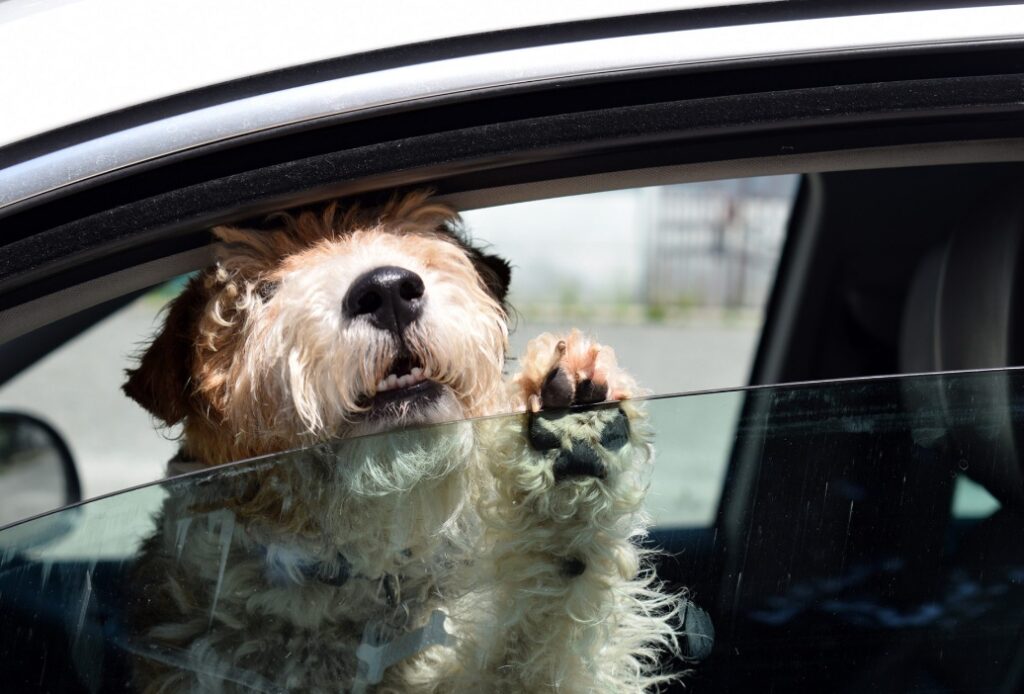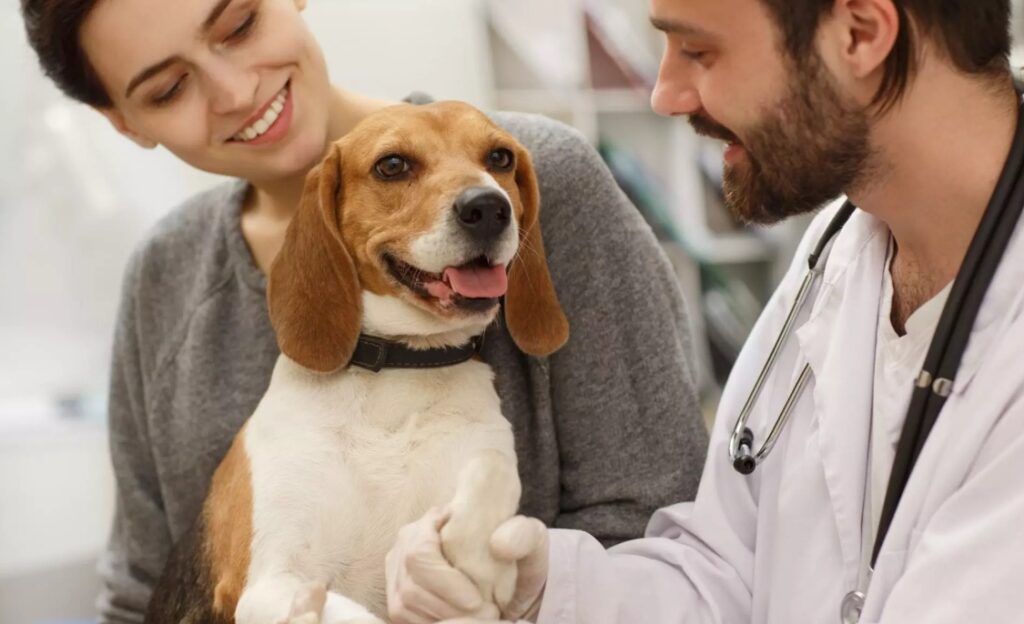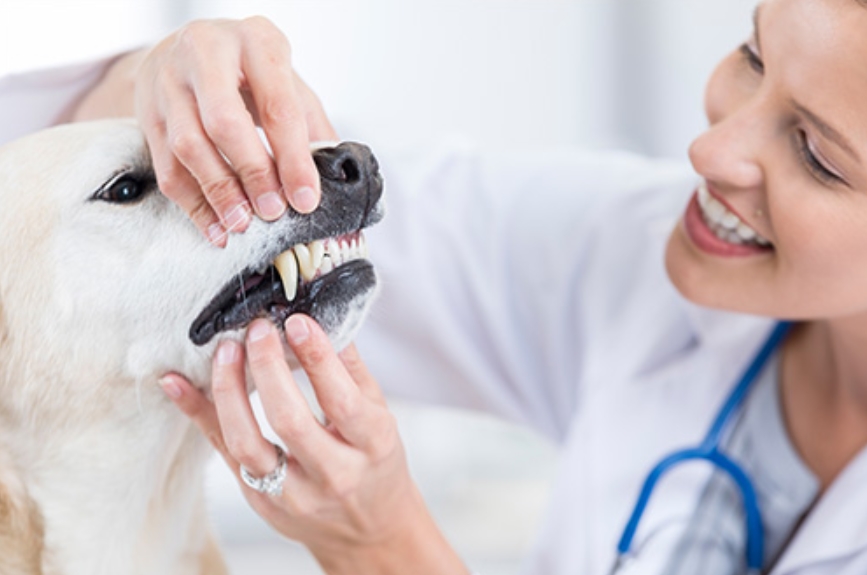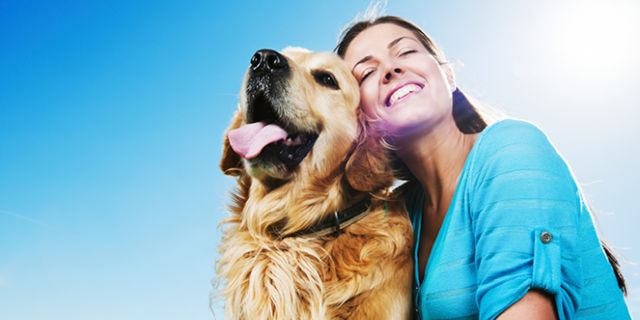As pet owners, we want to do everything to keep our dogs healthy and safe. Proper Dog Nutrition should be our first concern. However, some common mistakes can unintentionally harm our furry friends. It is better to be safe than sorry. keep reading to know the Common Health-Related Questions About dogs
#What are the common mistakes that kill our pet dogs?

As pet owners, we want to do everything we can to keep our dogs healthy and safe. However, some common mistakes can unintentionally harm our furry friends. Here are some examples:
Leaving dogs in hot cars
Leaving your dog in a hot car can be fatal, even if it’s just for a few minutes. Example: Never leave your dog in a parked car on a hot day, even with the windows cracked.
Overfeeding
Overfeeding your dog can lead to obesity, which can cause a variety of health problems. Example: Feed your dog according to their recommended portion size and avoid giving them too many treats.
Lack of exercise
Lack of exercise can also lead to obesity and other health problems, as well as behavioral issues. Example: Make sure your dog gets enough exercise each day, whether it’s through walks or playtime.
Not keeping up with vet appointments
Regular check-ups with the vet are important for catching any potential health issues early on. Example: Schedule regular vet appointments for your dog and make sure they stay up-to-date on vaccinations.
Not providing proper training
Proper training is important for keeping your dog safe and well-behaved. Example: Take the time to train your dog and teach them basic commands such as “sit,” “stay,” and “come.”
By being mindful of these common mistakes and taking steps to avoid them, you can help keep your dog safe and healthy. It’s also important to be aware of any potential dangers in your home or environment and take steps to prevent accidents or injuries. Back to top
Dog owners should know about Canine Influenza Disease before it is too late.
#How can you help your dog live a long and healthy life, including regular check-ups and vaccinations?

As a dog owner, there are several things you can do to help your dog live a long and healthy life. Here are some tips:
Regular check-ups
Take your dog to the vet for regular check-ups, at least once a year. This will help ensure that any potential health issues are caught early. Schedule an annual vet appointment for your dog and bring any concerns you have about their health to the vet’s attention.
Vaccinations
Keep your dog up-to-date on their vaccinations. Vaccinations help protect your dog from diseases that can be potentially fatal. Follow your vet’s recommended vaccination schedule for your dog and track when they are due for their next vaccinations.
Proper nutrition
Feed your dog a balanced and nutritious diet. This will help keep them healthy and maintain a healthy weight. Talk to your vet about the best diet for your dog and choose a high-quality dog food that meets their nutritional needs.
Exercise
Regular exercise is important for your dog’s physical and mental well-being. It can also help prevent obesity and other health issues. Take your dog on daily walks and make sure they have plenty of opportunities to play and be active.
Dental care
Dental health is important for your dog’s overall health. Brush your dog’s teeth regularly and take them for professional dental cleanings as needed. Brush your dog’s teeth daily and schedule a professional dental cleaning if your vet recommends it.
Overall, taking care of your dog’s health requires regular check-ups, vaccinations, proper nutrition, exercise, and dental care. By following these tips, you can help your dog live a long and healthy life. Back to top
Canine Parvovirus Disease may be fatal for many dogs.
#What common emergencies may occur with dogs, and how should you handle them?
Emergencies can happen with dogs, and it’s important to know how to handle them to ensure your dog’s safety. Here are some common emergencies and how to handle them:
Choking
If your dog is choking, try to remove the object if you can see it. If you can’t see the object, try to gently open your dog’s mouth and see if you can dislodge it. If your dog is still choking, take them to the vet immediately. If your dog is choking on a toy, try to gently remove it from their mouth. If you can’t remove it, take them to the vet immediately.
Heatstroke
Heatstroke can happen if your dog is in hot weather for too long. Symptoms include excessive panting, lethargy, and vomiting. Move your dog to a cooler area and give them water immediately. If your dog is exhibiting symptoms of heatstroke, move them to a cooler area and give them water. You can also use cool water to wet their fur.
Poisoning
If you suspect your dog has been poisoned, call your vet immediately. Symptoms can include vomiting, diarrhea, and seizures. If you notice your dog exhibiting symptoms of poisoning, call your vet immediately and bring them in for treatment.
Injury
If your dog is injured, assess the severity of the damage and take them to the vet if necessary. You can also try to apply pressure to any bleeding wounds. If your dog has a cut or bleeding wound, apply pressure to the area and take them to the vet if necessary.
Overall, it’s important to be prepared for emergencies with your dog. Know the signs of common emergencies and how to handle them to ensure your dog’s safety. Always seek veterinary care if you’re unsure or if symptoms persist.
Canine distemper is a contagious and fatal disease.
#How can you prevent and treat dental issues in dogs?

Preventing dental issues in dogs is important for their overall health and well-being. Here are some tips for preventing and treating dental issues in dogs:
Regular dental check-ups
Regular dental check-ups with your vet can help catch any dental issues early on. Schedule an annual dental check-up for your dog and bring any concerns you have about their dental health to your vet’s attention.
Brushing your dog’s teeth
Brushing your dog’s teeth regularly can help prevent plaque and tartar buildup. Brush your dog’s teeth with a dog-specific toothbrush and toothpaste at least once a week.
Dental chews and toys
Dental chews and toys can help clean your dog’s teeth and promote healthy chewing habits. Offer your dog dental chews or toys that are specifically designed to promote dental health.
Dental diets
Special dental diets can help prevent tartar buildup and promote healthy teeth and gums. Ask your vet about special dental diets for dogs that are designed to promote dental health.
Professional dental cleanings
Professional dental cleanings may be necessary if your dog has significant tartar buildup or other dental issues. If your vet recommends a professional dental cleaning, schedule the appointment and follow any pre-appointment instructions.
By following these tips, you can help prevent dental issues in your dog and promote its overall health and well-being. If you notice any signs of dental issues, such as bad breath, yellowing teeth, or difficulty eating, be sure to bring it to your vet’s attention right away. know more about your Dog – Wikipedia
if you are traveling with your dog, it’s better to know about Lyme Disease in Dogs
#What are some common signs of anxiety or stress in dogs and how can they be treated?
Dogs can experience anxiety and stress just like humans. Here are some common signs of anxiety or stress in dogs and how they can be treated:
Excessive barking or whining
Dogs may bark or whine excessively when they are anxious or stressed. Provide a calm and quiet environment for your dog, and consider using calming supplements or medication recommended by your vet.
Destructive behavior
Dogs may chew on furniture or other objects when they are anxious or stressed. Provide your dog with plenty of chew toys and make sure they get enough exercise and mental stimulation.
Aggression
Dogs may become aggressive when they are anxious or stressed. Work with a professional dog trainer or behaviorist to address any aggressive behaviors and develop a plan for managing your dog’s anxiety.
Hiding or avoiding people
Dogs may hide or avoid people when they are anxious or stressed. Give your dog a safe and comfortable space to retreat to, and avoid forcing them to interact with people or situations that make them anxious.
Excessive panting or drooling
Dogs may pant or drool excessively when they are anxious or stressed. Provide your dog with plenty of water and a cool, comfortable environment to help them regulate its body temperature.
If you notice any signs of anxiety or stress in your dog, it’s important to work with your vet to develop a treatment plan that meets their needs. This may include a combination of behavioral modification, medication, and other strategies to help your dog feel more comfortable and relaxed. Back to top
We recommend knowing about different size dog breeds, in long run, it will be handy to know about Small Dog Breeds, Medium Dog Breeds, and Large Dog Breeds.
Share your pet experiences with us, all readers will be grateful for your comments. Thanks

[…] Top 5 common health-related questions about a dog, every dog owner needs to know. […]